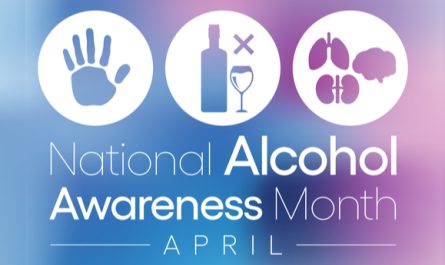International Self-Care Day
International Self-Care Day is a global initiative celebrated worldwide. The International Self-Care Foundation (ISF), a nonprofit group devoted to promoting self-care worldwide, was the one who started it, in 2011. Professor Ian Bruce, a well-known authority on self-care and self-medication, founded the ISF. The annual celebration of International Self-Care Day on 24th July aims to raise awareness of the importance of self-care in preserving overall health and well-being. This day serves as a reminder for people all over the world to give self-care routines that improve their physical, mental, and emotional well-being first priority. We may have healthier, more happy lives by being proactive about taking care of ourselves. This post will explain numerous self-care techniques that might improve our general well-being as well as the significance of International Self-Care Day.
Self-care embraces a broad range of actions that people do to look after their physical, mental, and emotional well-being. It entails intentionally selecting options and engaging in behaviors that support relaxation, stress relief, and personal development. Self-care habits might differ from person to person because everyone has different requirements and preferences. However, the aim is to take care of oneself and have a healthy balance in life to take care of oneself and have a healthy balance in life, however, unites all self-care practices.
It is understandable and common to become overwhelmed by the demands of work, family, and other duties in today’s fast-paced world, frequently disregarding our well-being. The purpose of International Self-Care Day is to act as a reminder for us to prioritize and incorporate self-care into everyday life. We may better manage stress, enhance our general health, and improve our quality of life by devoting time and attention to our physical, mental, and emotional needs.
Physical self-care entails choosing a healthy lifestyle to take care of our body. Physical self-care includes obtaining regular exercise, eating a healthy diet, getting adequate sleep, and maintaining decent hygiene. In addition, engaging in physical activities like yoga, nature walks, or hobbies that encourage mobility might benefit our physical well-being. It’s crucial to pay attention to our bodies and provide them the care they require in order to operate at their best.
Beyond physical health, self-care also includes mental and emotional well-being. It’s critical to participate in activities promoting mental wellness, relaxation, and stress reduction. Meditation, journaling, mindfulness exercises, seeking therapy or counseling when necessary, indulging in hobbies or creative outlets, and spending quality time with loved ones are some excellent self-care techniques for mental and emotional well-being. Maintaining a healthy mental and emotional state also requires setting limits, practicing self-compassion, and taking breaks from technology.
Self-care must be included in daily life if we want to maintain long-term well-being. Making self-care a priority allows us to refuel and refresh, lowering our risk of burnout and enhancing our capacity to deal with life’s problems. Self-care not only helps the individual, but also improves their relationships, productivity at work, and general quality of life. People are able to present as their strongest selves and are better able to handle the challenges of everyday life.
Regardless of age, gender, or origin, everyone may participate in International Self-Care Day. It is pertinent to people who want to practice self-care to enhance their overall well-being. This comprises people from many walks of life, such as workers, parents, pensioners, and young people. The purpose of the day is to promote personal accountability for self-care and the value of promoting well-being. Healthcare professionals, organizations, and communities all contribute to the promotion of International Self-Care Day and urging people to give self-care priority.
In order to promote self-care as a crucial element of healthcare systems around the world, the ISF collaborates with a variety of stakeholders, including organizations, governments, and healthcare professionals. The ISF seeks to increase public awareness of and participation in self-care practices through lobbying, research, and educational efforts. The event provides a forum for highlighting the role that self-care plays in preserving and enhancing health while enticing people to adopt self-care routines that are pertinent to their own needs and situations.
International Self-Care Day acts as a reminder for people all over the world to give their well-being a first priority and prioritize self-care. We may live better, more balanced lives by practicing self-care that supports our physical, mental, and emotional well-being. Remember, self-care is not selfish; it is a necessary investment in ourselves that allows us to show up fully in all areas of our lives. In order to foster our well-being and lead full lives, let’s embrace this day and resolve to practice self-care every day, not just on International Self-Care Day.




